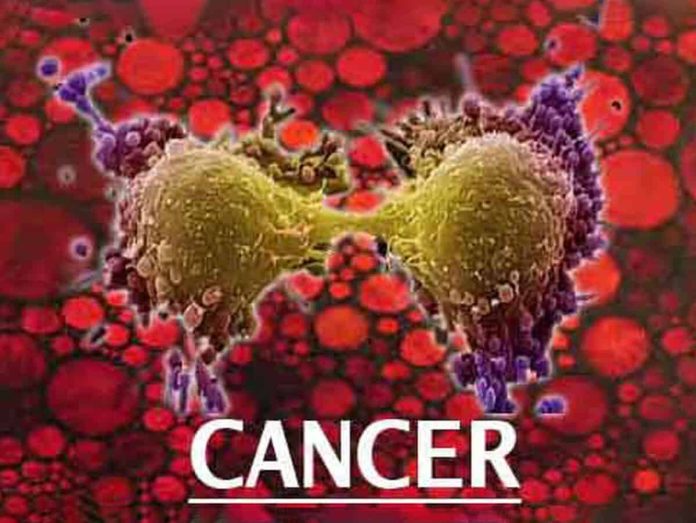Cancer has become an increasingly common diagnosis in India, with 14.6 lakh cases recorded in 2022, a number projected to rise to 15.7 lakh by 2025. Despite these alarming statistics, a significant issue persists: many patients in India are diagnosed at advanced stages, leading to delayed treatment and poorer health outcomes. A recent study published in The Lancet Regional Health Southeast Asia sheds light on the underlying causes of these delays, and also explores how access to government health insurance, like the Pradhan Mantri Jan Arogya Yojana (PM-JAY), can help address these barriers.
Factors Contributing to Late Diagnosis and Delayed Treatment
One of the key findings of the study, “Access to timely cancer treatment initiation in India: extent, determinants, and trends,” is that delays in both diagnosis and treatment initiation contribute significantly to the high mortality rate associated with cancer in India. The study emphasizes that delayed treatment leads to upstaging of the disease, which not only makes the disease more difficult and expensive to treat but also results in poorer health outcomes for the patients. In 2022 alone, India reported over 9 lakh cancer deaths, a number that underscores the impact of delayed interventions.
Several factors contribute to late diagnosis and treatment initiation in India, as outlined by the study and experts in the field. First, personal, social, and systemic barriers often hinder timely treatment. Being a woman, poor, less educated, or from a rural area are significant factors associated with delays in treatment initiation. The study found that women, in particular, faced greater delays, with 61% of the study’s participants being female. Social and familial barriers, such as the lack of priority given to women’s health, contribute to these delays. In many families, women’s health concerns are often neglected, leading to delayed health-seeking behavior.
Another critical issue is the skewed urban distribution of cancer treatment centers. In rural areas, patients face challenges such as long travel distances, language barriers, lack of caregiver support, and inadequate access to diagnostic tests. These issues make it harder for rural patients to reach healthcare facilities in time, further delaying diagnosis and treatment.
The study also highlighted that certain groups, such as younger patients and those with a higher level of education, tend to initiate treatment faster. However, the median overall time to treatment initiation was still 20 days, with patients suffering from head and neck cancer experiencing a longer delay of 29 days on average.
The Role of Government Health Insurance in Reducing Delays
One positive development identified in the study is the role of government-funded health insurance schemes, particularly the Pradhan Mantri Jan Arogya Yojana (PM-JAY), in improving access to timely treatment. The study found that those with a PM-JAY card were more likely to initiate treatment on time. The PM-JAY scheme, which provides health insurance coverage to economically disadvantaged families, is a critical factor in addressing the affordability barrier to cancer care. Before the implementation of PM-JAY in 2018, many patients were not covered by any form of health insurance, which made it difficult for them to afford diagnostic tests and treatments.
The study revealed that close to 40% of participants were not covered by any financial protection scheme, while 48.6% were covered under government-funded health insurance programs like PM-JAY. The remaining participants received support from philanthropists or private health insurance. Having access to such insurance helps patients avoid financial distress, enabling quicker access to necessary treatment without the burden of high out-of-pocket expenses.
The introduction of the PM-JAY scheme has proven to be a game-changer for many cancer patients, particularly those from low-income backgrounds. With financial protection in place, these patients can access timely diagnostic tests and treatments, which is crucial for improving survival rates.
In summary, late diagnosis and delayed initiation of treatment remain significant challenges in cancer care in India. Personal, social, and systemic barriers, such as gender, poverty, education, and geographic location, all contribute to these delays. However, the study highlights that access to government health insurance, such as the PM-JAY scheme, can significantly improve treatment initiation times. By addressing both financial and systemic barriers, the government can help ensure that more cancer patients in India receive timely and effective treatment, which is essential for improving survival outcomes. As cancer cases continue to rise in the country, improving early diagnosis and treatment initiation should be a priority for healthcare policy and reform.
BY – KARTIK




